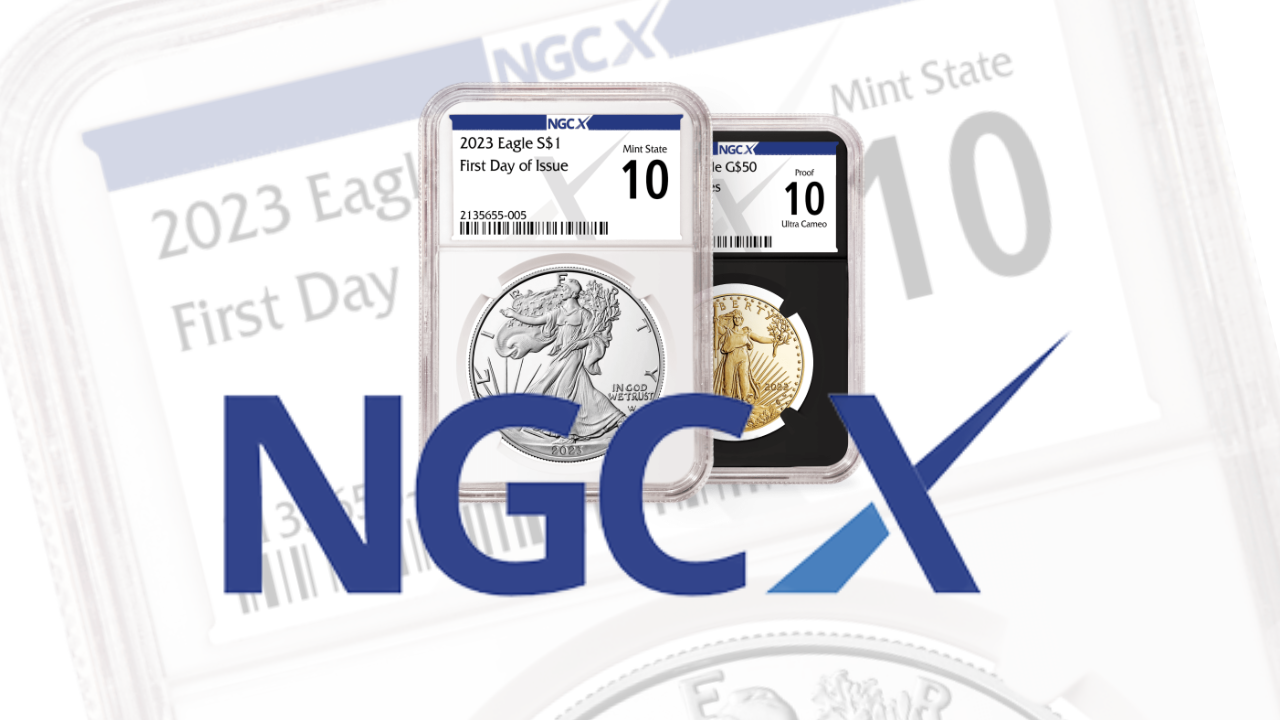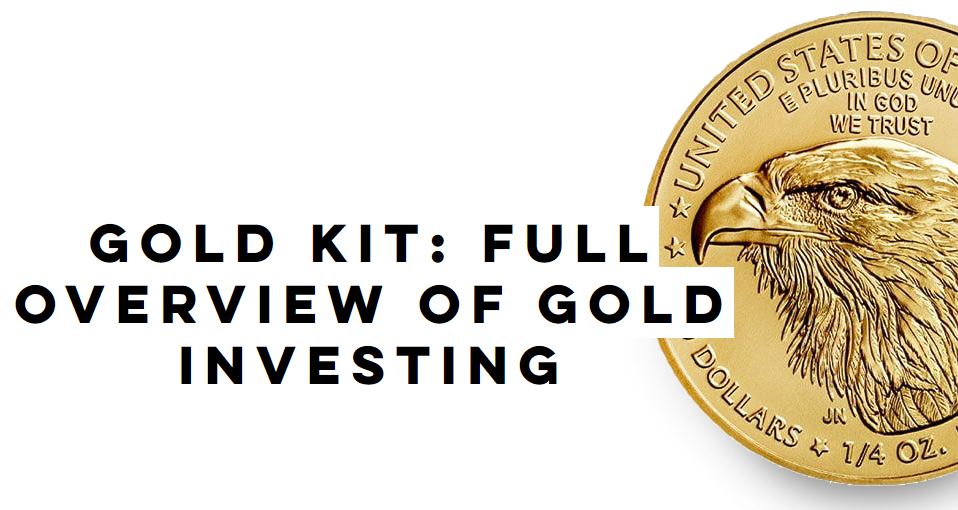Kyle Jernigan - May 2nd, 2022
What Is Dollar Cost Averaging? An Overview

Did you know that the United States comprises over half of all capitalization in global markets?
This means that US investors have a significant stake in investment strategies in countries all over the globe. Dollar-cost averaging has been proposed by leading investors in the United States to limit volatility for decades.
What is dollar-cost averaging exactly?
In this article, we will walk you through everything you need to know about dollar-cost averaging. We'll walk you through how to incorporate it into your investment strategy whether you buy gold or invest in stocks or bonds.
What Is Dollar-Cost Averaging?
Let's start off by defining dollar-cost averaging.
Dollar-cost averaging, or DCA, is a process of purchasing assets in fixed amounts at regular periods. It can help reduce the risk of buying assets at the wrong time, which leads to the buyer paying a higher price for the assets.
Dollar-cost averaging means that you will invest a smaller but consistent amount of money at regular intervals over a longer period of time. If you put $50 into the stock market every week over two years, you will greatly reduce the volatility effect on your investment. Investors are divided over whether or not this is the best strategy for the average individual.
Many investors might suggest a more aggressive approach, particularly for younger individuals with more ambitious goals.
But DCA is a great strategy for new investors. It allows them to get their skin in the game without significant additional risk to their portfolio. They can make slower investments over time and be more confident that their investment will yield acceptable returns.
But what about more experienced investors? Is dollar-cost averaging still a worthwhile strategy for seasoned traders?
As with any investment strategy, there are pros and cons to this approach.

10 oz Silver Bars and American Silver Eagles.
Pros
There are a variety of advantages to engaging in dollar-cost averaging as a new investor.
The first of these is risk reduction. Because you are not putting all of your money into the market at one point, you are preserving a large amount of capital that could potentially avoid a market crash.
It also preserves money to give you more liquidity as an investor if you need to use the funds for other aspects of your business or investments.
In many cases, putting a large lump sum of money into an investment creates a greater risk that you are buying at a time in which the price is artificially inflated through the effects of dozens of factors.
Ultimately, these factors are transient. They may be hiding the true worth of the investment during the time you buy. Over time, the true value will be incorporated into the price and you may end up losing money or experiencing a lower return.
Many investors recognize that a market that is in decline is a good buying opportunity. In this case, dollar-cost averaging during this downswing in the market can be a highly effective tool to improve returns as soon as the market increases.
Costs and Emotional Investing
Dollar-cost averaging also reduces costs. The goal of dollar-cost averaging is to purchase securities in the market when they are in decline, leading to significantly higher returns upon the bounce back. If you use a dollar-cost averaging strategy in buying during the downturn, you can expect greater returns over the long term.
Dollar-cost averaging is also effective at reducing emotional investing. It's hard to quantify the effects of emotional investing because they affect every investor differently. However, it causes individuals to make poor investment decisions based on gut feelings or emotions that are transient over time.
Dollar-cost averaging is a disciplined strategy that only looks at its own intrinsic strategy in the market. It's not based on or affected by a variety of market factors that could lead to an emotional buy.

1 oz American Silver Eagle (Type 2) direct from the United States Mint.
Cons
The downside of dollar-cost averaging is that you may have slightly lower expected returns compared to a lump sum investment that was placed advantageously at the right time. A major mutual fund found that 66% of the time, a lump sum investment would produce higher returns than dollar-cost averaging.
The reality is that the market, in general, will sustain longer runs of a bull market than more rapid declines. History has shown this time and again.
Additionally, dollar cost averaging will involve higher transaction costs because you are making purchases more frequently. If you choose to make purchases on a weekly or even daily basis, you are subject to the fees that come through every time a purchase is made. This can significantly reduce your upside even when you do sell at a higher or more advantageous market setting.
Finally, dollar-cost averaging can be complicated for the average investor. It comes with a variety of benefits and drawbacks, each of which needs to be successfully understood by the investor before initiating the strategy. Reaching out for external help from a trusted financial advisor is always a good idea before starting dollar-cost averaging.
The Best Strategy for New Investors
At the end of the day, new investors have a variety of investment strategies at their disposal.
What is dollar-cost averaging?
Dollar-cost averaging provides a unique way to purchase investments in small quantities over a longer period of time to reduce volatility. It has many pros and cons. New investors should consult a trusted financial advisor before engaging in the strategy.
If you enjoyed this article about dollar-cost averaging, please check out the other articles on our blog!
This is in no way to be considered investment advice. Past performance is no guarantee of future results. Asset allocation and diversification do not ensure a profit or guarantee against a loss. Keep in mind that any form of investing involves risk and you should always consult with your financial advisor before making any financial decisions. Investor Crate, LLC., it's subsidiaries and staff will never advise you on any asset as our aim is to provide a fun and affordable service should you decide to purchase Precious Metals.
Keep in mind that investing involves risk. The value of your investment will fluctuate over time, and you may gain or lose money.




Congratulations on the 2023 Christmas competition! This time I win a kg of silver!
DCA in my opinion is the best strategy – especially in a volatile market
It seems to explain a good way for a novice to start investing without assuming too much risk.
Math! Everybody’s favorite subject.
this is a pretty good read and informative as well!